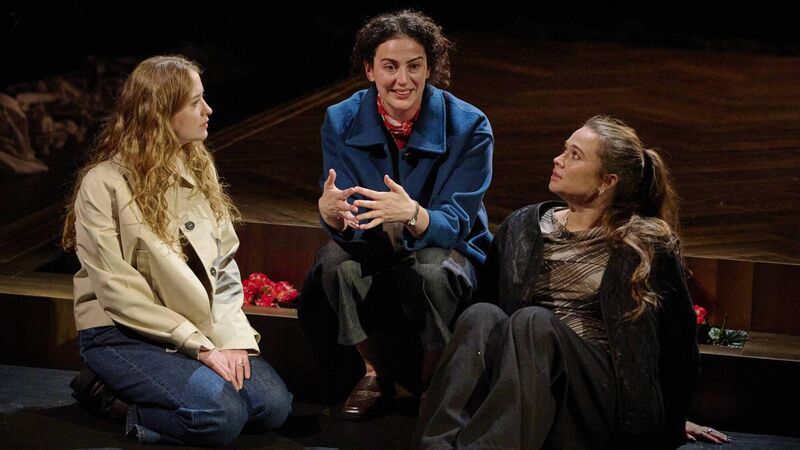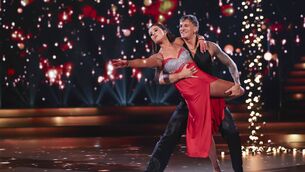Three Sisters review: Hugely enjoyable production underlines ongoing relevance of Chekhov

Máiréad Tyers, Breffni Holahan and Megan Cusack in Three Sisters at the Gaiety Theatre. Picture: Ros Kavanagh
As soon as Breffni Holahan’s Olga speaks her first lines, remembering it’s a year to the day since the three Prozorov sisters’ father died, you can see where director Marc Atkinson Borrull and writer Ciara Elizabeth Smyth are going in this new adaptation of Anton Chekhov’s enduring classic.




